Welcome back for Part Two of our recap of the most profound examination of the dark heart of humanity ever written, Bridget Jones’ Diary Crime and Punishment.
Yesterday, you may remember that we left our anti-hero, Raskolnikov, in a faint, after committing a double murder and also unexpectedly running into his mother. If you missed it, Part One of this recap is here.
PART TWO
When Raskolnikov wakes up, he tells his sister Dounia that she has to choose between him and her fiancé, Luzhin. Dounia is like, um…no? She’s a beautiful young woman and she’s no pushover. Raskolnikov’s mum, Pulcheria, is also attractive—she’s forty-three, so obviously an old hag, but she looks younger due to her ‘serenity of spirit…and pure sincere warmth of heart’, qualities which Dostoevsky accurately notes are ‘the only means of retaining beauty to old age’.

The next day, Pulcheria has had a letter from Luzhin saying that he wants to see her and Dounia, but only on the condition that Raskolnikov isn’t there. Luzhin also falsely reports that he saw Raskolnikov give money to Sonia, Marmaladov’s daughter, describing her as ‘a young woman of notorious behaviour’, which weirdly he does NOT mean as a compliment??
In other news, Pulcheria has just heard that Marfa, the woman who Dounia was working for as a governess, has died—she was beaten by her husband, Svidrigailov, and had a stroke. Apparently Svidrigailov had previously been ‘very patient’ with her during their marriage, and Raskolnikov’s view of this situation is that he ‘can’t have been so awful if he controlled himself for seven years’.
Raskolnikov continues to give Dounia a hard time about marrying Luzhin for his money, and she’s like ‘lay off, bro, it’s not like I’m committing a murder’, which successfully shuts him up. Then Sonia drops around to say that Raskolnikov is invited to Marmeladov’s funeral lunch the next day. I’m sorry…but a funeral lunch??? Seems a little over the top to me.
Next, Raskolnikov asks Razumihin to take him to see his uncle, Porfiry, who is investigating the double murder. Porfiry asks Raskolnikov about an article he published in which he makes the case that there are two types of people: ordinary people, who have to obey the law, and extraordinary people, who get to break it to move society forwards. This generally sounds like bullshit to me, but I agree that there are some interesting questions about how some sorts of killings (eg individual murderers) are treated as morally abhorrent while others (eg armies bombing brown people) are treated as completely acceptable.
Porfiry asks Raskolnikov if he thinks himself ‘extraodinary’—would he, perhaps, be up for a little murder? And Raskolnikov, instead of saying ‘of course not!’ is like, ‘umm, well, if I did I wouldn’t tell you about it, lol’. Honestly, Raskolnikov is so bad at being a criminal, it’s beginning to get on my nerves. It’s like he thinks of himself as a Walter White (cold-hearted, ruthless, rational), but in fact he’s more of a Jesse Pinkman (chaotic, racked with guilt, basically a clown).
Raskolnikov heads home, where he conks out. When he wakes up, he finds a stranger in his room. It’s Svidrigailov! The guy Dounia was working for who kept hitting on her and who has recently beaten his wife, possibly causing her death. What’s he doing here???
Svidrigailov, apparently, wants to help out Dounia—he explains his earlier bad behaviour towards her by saying that he couldn’t help himself, he was in love! ‘Reason is the slave of passion’, he says, and actually this sounds a little familiar to me…

Svidrigailov also boasts that he ‘only used the whip twice’ in his seven year marriage to Marfa (who, I once again remind you, just died after he beat her up). I hate this guy! He does have some good news though—turns out Marfa left Dounia three thousand roubles in her will. Svidrigailov also offers to give her another ten thousand roubles (that’s a LOT of ducks) so she doesn’t have to marry Luzhin—though Raskolnikov immediate refuses this money on her behalf.
Svidrigailov leaves, and Raskolnikov goes to see Pulcheria and Dounia. Luzhin shows up too, and is cranky that Raskolnikov is there despite his explicit instructions that he should not be present. Pulcheria and Dounia are like, fella, you’re not the boss of us—which he does not like. Luzhin was looking for a poor wife who would be ‘slavishly grateful all her life for his heroic condescension’—but now Dounia has this inheritance from Marfa, she doesn’t seem so pliable. In retaliation, Luzhin makes some insinuations about Dounia and Svidrigailov, and she breaks off the engagement and tells him to get out. Good riddance!
Everyone is feeling cheerful after Luzhin leaves—until Raskolnikov abruptly announces that he’s also leaving them, maybe forever, and that it would be better if they try to forget him. He goes to hang out with Sonia, who he feels connected with because they’ve both ‘transgressed’ and ‘destroyed a life’ (in Sonia’s case, her own). Personally I would not equate going into sex work with committing double murder but I guess everyone’s different.
The next day, Porfiry, the investigator, interviews Raskolnikov about the murders, and tries to provoke him into a confession. Porfiry does a lot of giggling in the course of the interview and it’s honestly quite endearing. ‘It’s not merely that [the murderer] has nowhere to run to, he is psychologically unable to escape me, he-he!’ he says, gaily. ‘[H]e’ll keep circling round me, getting nearer and nearer and then — flop! He’ll fly straight into my mouth and I’ll swallow him, and that will be very amusing, he-he-he!’
Just as Raskolnikov seems like he might be about to break, they’re interrupted by the arrival of another man saying he’s guilty of the murders! Porfiry doesn’t believe the confession, but he’s forced to let Raskolnikov go.
Raskolnikov goes to the funeral lunch for Marmeladov, which goes disastrously, and then heads over to Sonia’s place, where he confesses to her that he murdered Alyona and Lizaveta. She is shocked, but her response isn’t quite what he expects—she promises to follow him to Siberia when he’s sent to prison. He’s like, woah, woah, woah—slow down, lady—nobody said anything about prison.
She wants to know why he committed the murder, and he gives her a few different reasons, none of which are very good:
From a rational perspective, he needed the money, and killing Alyona was no big deal: ‘I’ve only killed a louse, Sonia, a useless, loathsome, harmful creature.’
He was depressed: ‘I sat in my room like a spider…I didn’t go out for days…I wouldn’t work…I just lay there doing nothing.’ I mean, this is me on any given week of the year, but I haven’t committed any axe murders
yet.He did it for japes: ‘Power is only vouchsafed to the man who dares to stoop and pick it up…I wanted to have the daring.’
He was curious: ‘I wanted to find out…whether I was a louse like everybody else or a man. Whether I can step over barriers or not….whether I am a trembling creature or whether I have the right [to kill].’
Sonia doesn’t buy any of it, and keeps trying to persuade him to confess, to accept his punishment as a way of expiating his sins. While he’s considering it, they’re interrupted by the news that Katerina, Marmeladov’s widow, has gone crazy and is making her three little kids dance in the street to protest their poverty.
When they find her, they discover that Katerina is not only crazy, she is also on the brink of death. In a moving scene, Katerina dies, leaving her three little kids orphaned. Things are looking dire for them, until Svidrigailov suddenly shows up and says that he’ll put the 10,000 roubles he was going to give to Dounia into looking after the kids…which seems a little random?
Raskolnikov also thinks it’s a bit random, as he asks Svidrigailov what his motivation is, but Svidrigailov just laughs and then quotes back Raskolnikov’s own words from when he was confessing the murder to Sonia. Turns out he was in the next room, and overheard everything!!! Ruh roh!!!
Raskolnikov spends a few days stressing out about Svidrigailov knowing, and he’s about to go and confront him when Porfiry arrives at his door. At first, Raskolnikov thinks Porfiry believes that he’s innocent—but when he asks Porfiry who the murderer is, Porfiry says: ‘Why you, Rodion Romanovitch! You are the murderer!’
Porfiry urges him to confess, to lessen his sentence, saying that the only way Raskolnikov can move on with his life is to accept his punishment. ‘[Y]ou only killed the old woman…You will live it down in time,’ he says, which frankly seems like a pretty casual attitude to murder for someone whose job is to investigate murders.
Raskolnikov refuses to confess, and Porfiry says he’ll give him a couple of days to turn himself in before he arrests him. He’s confident he’ll come around, because he knows Raskolnikov committed the murder on the basis of a theory that he no longer believes in—that is, the theory that ‘extraordinary’ people should be able to commit crimes without remorse if it helps them achieve their aims.
Raskolnikov goes to find Svidrigailov to find out if he’s going to turn him in. Svidrigailov doesn’t really say, but he starts talking and reveals himself to be a man who lives for nothing but his own pleasure; he is a remorseless womaniser and a paedophile. Ugggh. I really hate this guy.
They part ways, and then Dounia comes to find Svidrigailov—he has lured her to him by hinting that her brother has committed a crime. He locks her in his apartment, then tells her about Raskolnikov’s confession to Sonia, and tries to use this to blackmail her into sleeping with him. She is not keen. He won’t take no for an answer, but just as he’s about to assault her, she’s like, surprise, motherfucker!—and pulls out a gun!
Dounia takes a couple of shots at Svidrigailov, but the bullets just graze his head. He’s left quite shocked, though—the fact that she has tried to shoot him seems to make him finally accept that she will never love him. He gives her the key, and tells her to go. She throws the revolver to the ground and legs it.
We then get to spend some depressing times in Svidrigailov’s head, which end with him taking the revolver and killing himself. I don’t usually endorse suicide—but in his case it was definitely the right call.
The novel returns to Raskolnikov, who goes to see Dounia, encourages her to hook up with Razumihin, and once again tries to defend his crimes. Dounia, of course, is not having a bar of it: she tells him to go turn himself in. He agrees to do it, but only reluctantly. He still considers himself somehow better than other people—as he looks at the people around him on the street, he thinks about how ‘everyone of them [is] a criminal at heart and, worse still, an idiot.’
Finally, Raskolnikov goes to the police station, ready to turn himself in…but then he has second thoughts and leaves. Oh my god, Rodion Romanovitch Raskolnikov! JUST GIVE UP ALREADY.
Happily, just as he’s about to run off, he sees Sonia outside the police station, and her face is enough to turn him right around. He goes back inside, and…OH THANK GOD! He confesses!
The book finishes with Raskolnikov in prison in Siberia. He’s been given a light sentence of only eight years because everyone is convinced he was suffering from an ‘abnormal mental condition’ when he committed his crimes. I suppose this is accurate (he was having a lot of random naps). Razumihin (who marries Dounia! yay!) has also helped him by telling everyone what a stand up guy Raskolnikov is, how he supported a fellow student who was dying of consumption, and how he once rescued two children from a burning house. This final addition made me think Dostoevsky must have had a last minute freak out: oh shit, is my supercilious, misanthropic, axe-murdering protagonist too off-putting??? How do I fix this???? I know—in the last ten pages I’ll make up some bullshit about how he once saved some kiddies from a housefire.
Even in jail, Raskolnikov is not fully persuaded that he did something wrong in killing Alyona and Lizaveta, which he describes as 'a simple blunder which might happen to anyone.’ I mean, sure, okay, Raskolnikov. Like it says in the bible, let he who has never bludgeoned two unarmed women to death with an axe cast the first stone, etc etc.
The book ends with Raskolnikov finally accepting his feelings for Sonia—the two of them decide to wait out his sentence and then get together, and there’s a suggestion that he’s going to adopt her Christian beliefs. According to Reddit (always the best source of literary analysis), this is a sign of his redemption—he is succumbing to the soft part of himself (the part of himself that saves children from house fires, I guess), which he had tried to suppress when he committed the murders. For most of the novel, he was attempting to live in a purely rational, utilitarian way, but this was denying certain essential aspects of human nature—ie our ability to care for each other, our need for each other, our ability to recognise that human lives have value.
The novel then ends on this surprisingly optimistic note:
…that is the beginning of a new story—the story of the gradual renewal of a man, the story of his gradual regeneration, of his passing from one world into another, of his initiation into a new unknown life. That might the subject of a new story, but our present story is ended.
Breathlessly awaiting that sequel, Fyodor!
Thanks for joining me on this (long) journey! If you enjoyed these posts, and know someone else who might also like them, please consider sharing. Also—let me know if you have any classic novels you would like me to recap next.




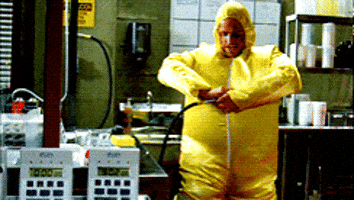
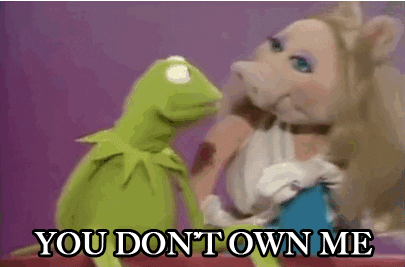

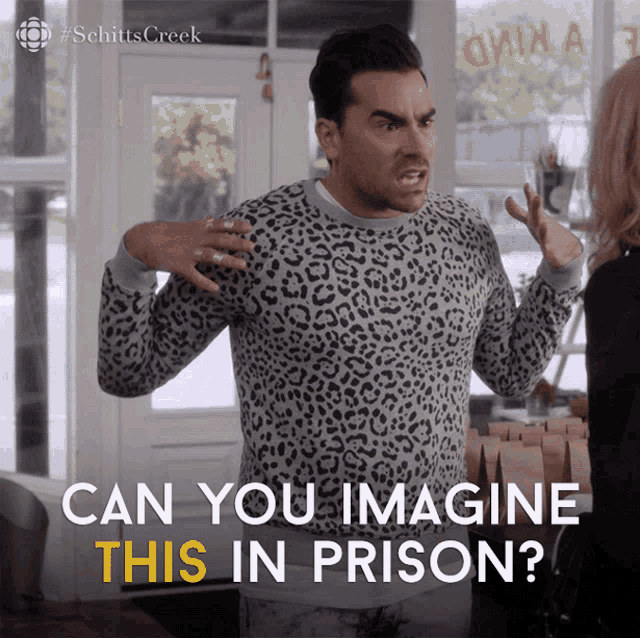
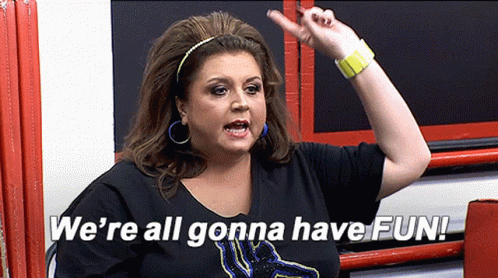
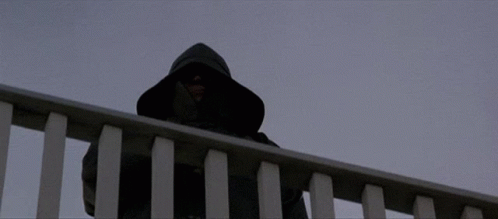

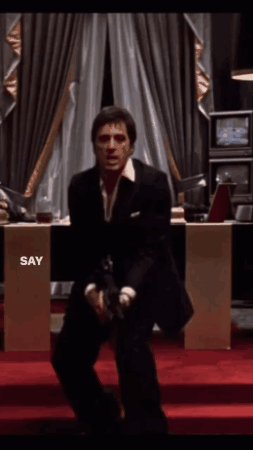
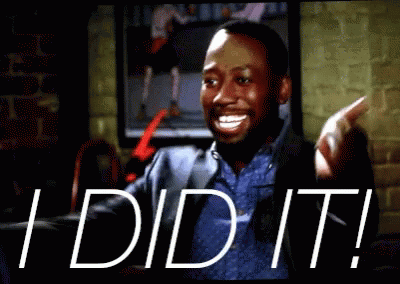
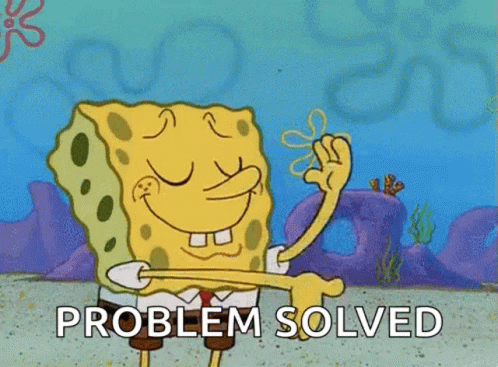

Love these, keep em coming!!
It’s almost 50 years since I read Crime and Punishment and I so wish I’d had your recap back then. I remember little of it except that it was very long and very murky, and had a lot of digressions… or maybe that was The Bros Karamazov? Fewer distractions back then I guess. For suggestions - how about Villette?